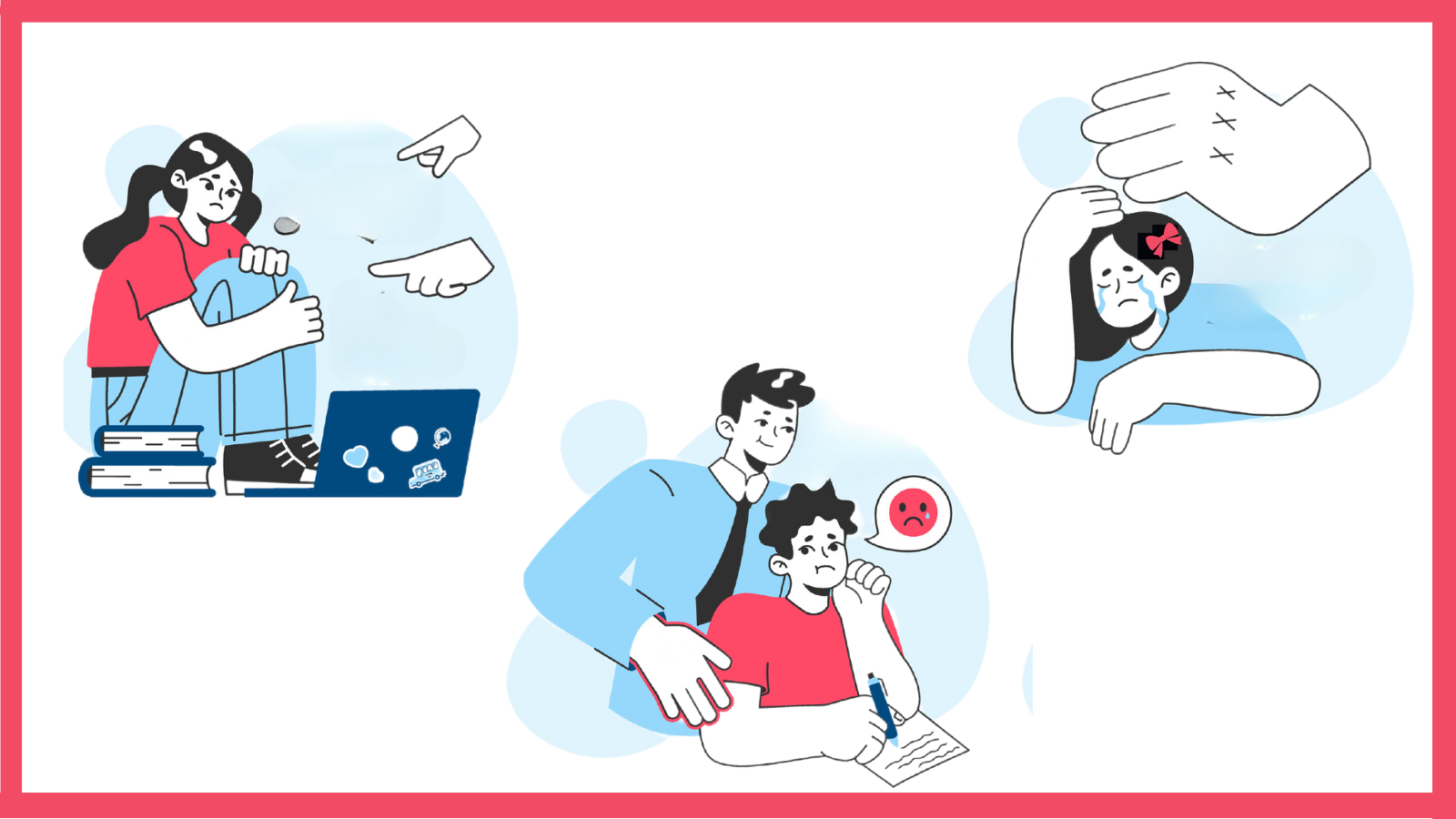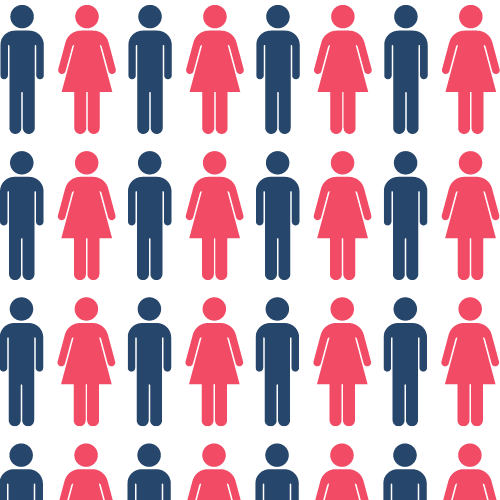
The report explores learners’ experiences of abuse and their perception and experience of college-level policies and procedures
The report, which can be read here, was commissioned by Welsh Government and led by Cardiff and Vale College to explore prevalence, experience, and reporting of peer-on-peer abuse (PoPA) across seven Welsh colleges (1). Its lead author was Sara Long, Research Fellow and Evaluation Lead at DECIPHer, which is funded by Health and Care Research Wales, and Public Health Wales. Insights from this work are expected to inform college and system level measures to foster safer and more inclusive college environments for learners across Wales.
Peer-on-Peer Abuse (PoPA) in this report is defined as: Discrimination, hate speech, harassment, and/or violence between peers (both perpetrators and victims), which happens in a college environment or because of relationships formed at college.
The report goes on to say: Peer-on-peer abuse (PoPA) is a global problem that requires concerted efforts to minimise harm and promote inclusivity, with education settings playing a key role in improving learners’ experiences. PoPA includes a spectrum of different types of harassment and violence that can have detrimental impact on the learners’ mental well-being.
Understanding learners’ experiences is important to inform policies and procedures on harassment and violence, recognising the needs of victims seeking support, and exploring the experiences of learners who have reported incidents to their college.
Gathering the data
A learner survey was carried out to explore whether experiences of PoPA are connected to demographics such as sex, sexual orientation, ethnicity, religion, and/or disability. Additionally, a desktop audit of college-level policies and procedures was carried out to explore similarities and variability in the way colleges respond to PoPA. Findings from the survey should be interpreted with caution when translated to new settings as most respondents were learners in Cardiff and Vale College (77.2%, n=1440) and that skewed the data.
Key findings

- Respondents aged 17 and 18 (55%) had the highest representation in the sample.
- Learners identified in their majority as straight (77.1%) or as LGBTQ (14.9%).

- More than 2 in every 3 learners said they would report PoPA if it occurred.
- More than half of the respondents would report to their college and support staff (62%).
- More than half were aware of their college processes for reporting PoPA (58%).

However, from those learners who reported experiencing PoPA, less than 1 in 10 (9%) had reported the incident to their college.

- The most common PoPA experience reported by learners was in relation to gender/sex, with 1 in 10 learners (10.6%) self-reporting as victims.
- Abuse based on ethnicity was also common (1 in 12 (8.5%)).
- This was followed by abuse based on sexual orientation (1 in 14 (7%)).
How to improve?
The survey included a range of open-ended questions to invite learners’ opinions for improving college policies and processes around PoPA.

Raising awareness and having open discussions about incidences and issues were suggested as a mechanism for prevention by learners.

Reporting mechanisms should provide empathy, confidentiality, and ongoing support for victims.

Abuse should be taken seriously with perpetrators facing consequences.
Conclusion
The report suggests that learners experience abuse and become targets based on different characteristics such as gender, sexuality, ethnicity, religion, and disability.
Colleges have a responsibility to provide a safe and comfortable space for learning, and systemic mechanisms, policies and procedures are required to avoid abuse being tolerated.
Victims require reliable support from internal services (i.e. college staff) and external sources, such as police services, family, friends, and support networks. Many factors influence whether victims seek support from their colleges, so colleges should raise awareness of reporting policies with learners.
Robust safeguarding procedures should be put in place to prevent harm and support victims in getting support from external partners.
- Coleg Pen-y-Bont ar Ogwr, Coleg Cambria, Coleg Caerdydd a’r Fro, Coleg y Cymoedd, Coleg Merthyr, Coleg Sir Benfro, a Thyddewi
Learner experience and reporting of Peer-on-Peer Abuse (PoPA) in Welsh colleges: Findings from a learner survey and desktop review of cross-college level policies and procedures, authored by Dr Sara Long, Vasiliki Kolovou, Niamh Mchugh and
Christine Jenkins, can be read here: Read here.
Further reads
New Senedd report asks: How can we stop gender based violence?
